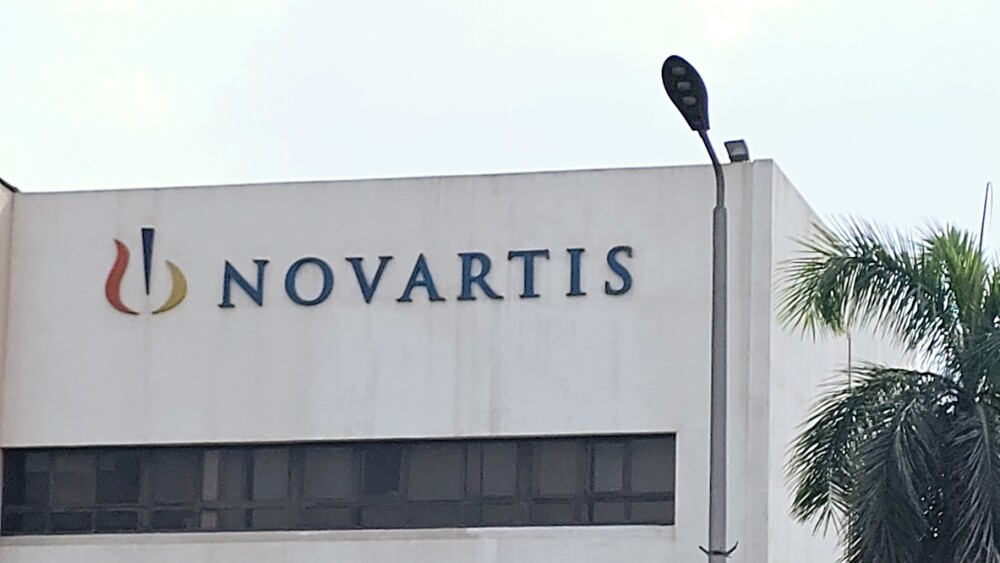By combining Horizon’s panel of 200-plus genetically-defined ‘X-MAN’ cancer models (cellular model that harbors cancer-causing genetic mutations along with a matched-normal parental cell) with ICR scientist Professor Alan Ashworth’s world-class expertise in genome-wide functional genomics, the collaborators endeavor to uncover genetic weak-spots in cancer cells enabling their selective targeting by anti-cancer agents.
Professor Ashworth, Director of the Breakthrough Breast Cancer Research Centre at the ICR, has elegantly demonstrated this concept of ‘synthetic lethality’ previously with his discovery that PARP-inhibitors show dramatic selectivity for breast cancers carrying mutant BRCA genes. PARP-inhibitors are now showing great promise in early-stage clinical trials on patients carrying defective BRCA genes.
Horizon’s co-founder Dr Chris Torrance, while in the renowned Vogelstein laboratory at Johns Hopkins University, has also demonstrated the power of using genetically-defined tumour versus normal (isogenic) human cell-line pairs to rapidly perform synthetic lethality screens on specific cancer-causing genetic lesions.
Together, Professor Ashworth and Horizon will build a high-throughput synthetic lethality screening platform based on the latest generation of pooled shRNA libraries and deep-sequencing technologies. By deploying X-MAN isogenic cell-lines in such screens, a focused list of genome targets that represent key nodes of therapeutic intervention in specific cancer patient populations will be identified.
ICR and Horizon also intend to use a comprehensive ‘personalised’ cancer-target hunting capability in collaboration with other companies who wish to rapidly identify new targets and biomarkers that may effectively address specific patient cohorts. This could enable the more rapid and successful translation of oncology drug candidates into clinical use.
Professor Ashworth says: “We are excited by the opportunity offered by this collaboration between the ICR and Horizon of combining two cutting-edge technologies. We are confident that the synergy between these two partners will enable us to move projects from the laboratory bench to the bedside very rapidly.”
Dr Chris Torrance, CEO of Horizon Discovery Ltd, says: “We are proud to be working with Alan’s lab to build a comprehensive picture of synthetically lethal targets, which have proven ability to effectively attack cancer at its causative roots. Moreover, we will use the X-MAN models to more effectively deconstruct the many important cancer genotypes for which conventional pharma drug discovery pipelines have still not yielded viable drug candidates or targets, such as mutant K-Ras and p53. Such genes are major drivers of cancer development and their resistance to existing therapies.”




